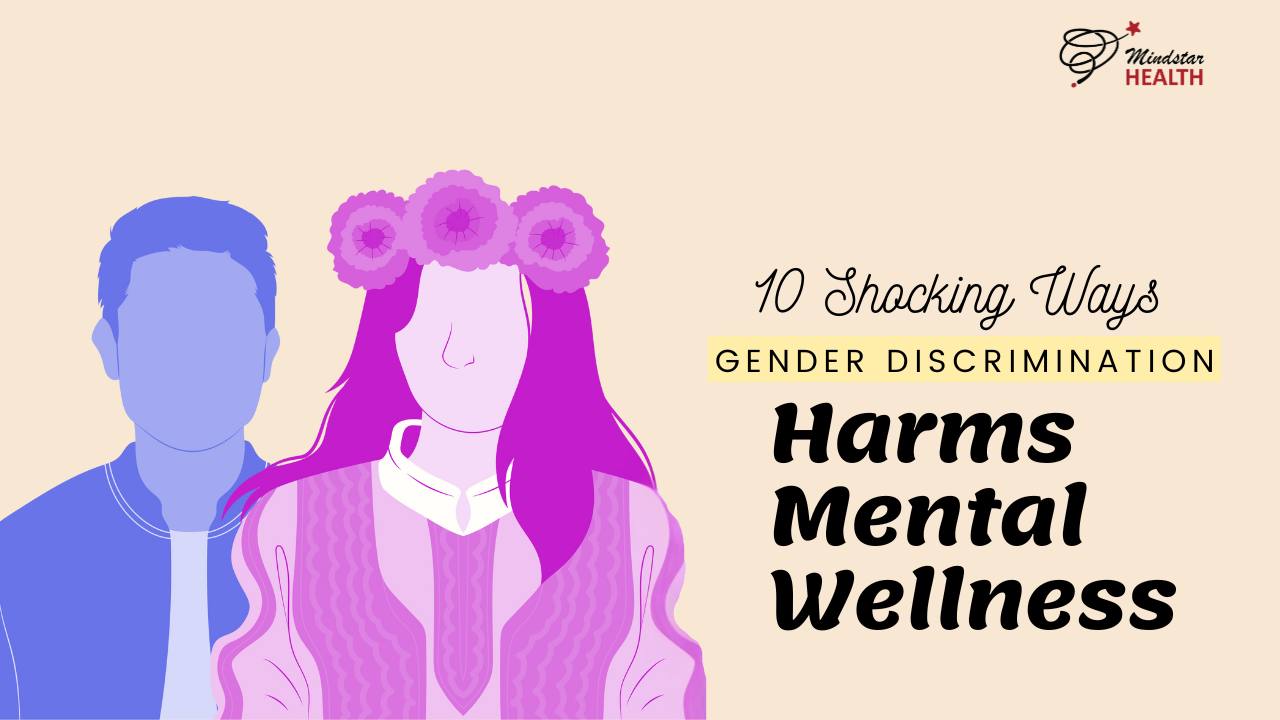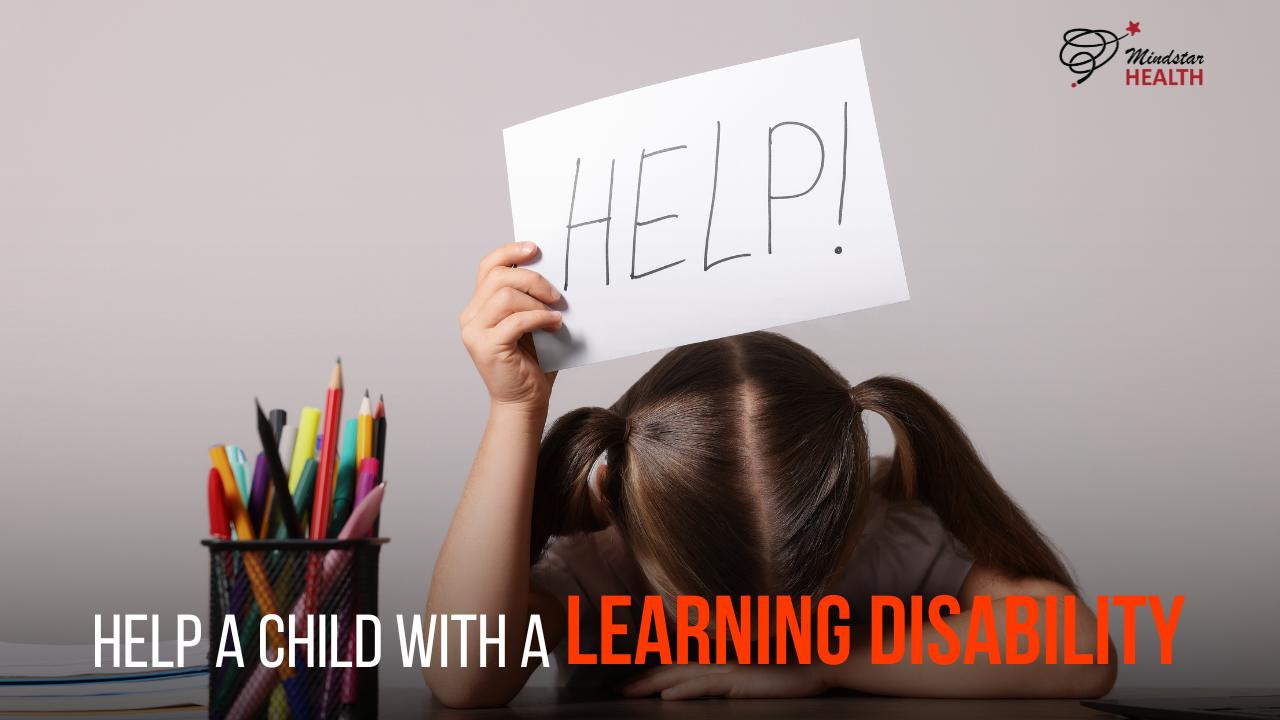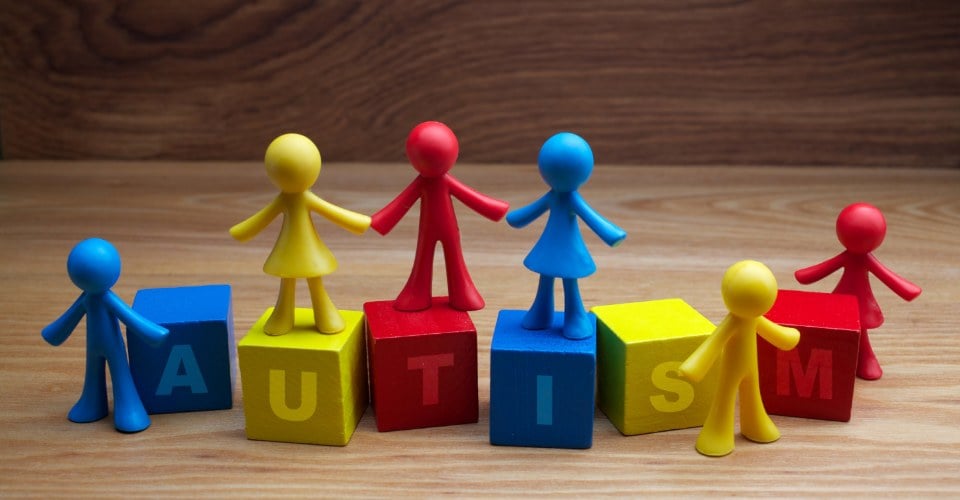The holiday season is a magical time, but it can also bring added pressure and stress. From busy schedules to financial strain, it’s no wonder many people feel overwhelmed. In fact, nearly 9 in 10 Americans report experiencing heightened stress during the holidays, according to the American Psychological Association. Let’s explore practical, research-backed tips to reduce holiday stress and embrace the joy of the season.
Finding Peace Amid Holiday Chaos
Picture this: the aroma of freshly baked cookies fills the air, lights twinkle on the tree, and cheerful music plays in the background. Yet, amidst the festivity, you’re juggling a mountain of to-dos, family obligations, and financial worries. Sound familiar? The good news is that with some simple adjustments, we can transform holiday stress into a season of calm and connection.
10 Tips to Reduce Holiday Stress
1. Managing Holiday Stress with Effective Self-Care
The holiday season, while joyful, often brings heightened stress and overwhelm. Managing this stress is crucial for maintaining mental health and enjoying the festivities. Here’s how you can navigate the holidays with ease:
1. Don’t Overschedule Yourself
It’s tempting to say “yes” to every invitation, but overcommitting leads to exhaustion.
- Prioritize: Focus on activities that bring you joy and skip those that feel obligatory.
- Plan Ahead: Use a planner or digital calendar to visualize commitments and allocate time for rest.
- Learn to Say “No”: Setting boundaries isn’t selfish—it’s essential for your well-being.
Fact: Over 50% of Americans report feeling stressed during the holidays, primarily due to time constraints.
2. Practice Relaxation Techniques
Incorporating relaxation techniques helps mitigate stress.
- Deep Breathing: Spend 5 minutes daily focusing on slow, deep breaths.
- Meditation: Apps like Headspace or Calm offer quick guided meditations.
- Progressive Muscle Relaxation (PMR): Tense and release muscle groups to relieve physical tension.
Tip: Studies show that 10 minutes of meditation daily reduces cortisol levels, the primary stress hormone.
3. Make Self-Care Non-Negotiable
Self-care keeps your energy and mood in check.
- Healthy Habits: Eat balanced meals and stay hydrated.
- Sleep Well: Aim for 7–9 hours of sleep nightly to combat holiday fatigue.
- Exercise: Even 20 minutes of walking can boost endorphins and alleviate stress.
Stat: Regular exercise reduces symptoms of stress in 70% of individuals.
4. Seek Support When Needed
It’s okay to reach out if holiday stress feels overwhelming.
- Talk It Out: Share your feelings with trusted friends or family.
- Professional Help: Therapists offer personalized stress management strategies.
By focusing on self-care and relaxation techniques, you can manage holiday stress effectively while safeguarding your mental health.
2. Simplify Travel Plans for a Stress-Free Holiday Season
Traveling during the holidays can be one of the most stressful aspects of the season. Long lines, delays, and hectic schedules can contribute significantly to feelings of anxiety and exhaustion. However, by simplifying your travel plans, you can alleviate some of the strain and focus on enjoying your time with loved ones.
1. Opt for Direct Flights and Limit Layovers
Choosing direct flights is one of the most effective ways to reduce travel-related stress. According to the U.S. Travel Association, nearly 50% of travelers experience delays, which are often compounded by layovers. Direct flights minimize the chances of missing connections and reduce time spent navigating through crowded airports.
- Direct flights can save you time and energy.
- Non-stop connections decrease the likelihood of delays or cancellations.
- If layovers are unavoidable, try to keep them to a minimum to avoid fatigue.
2. Combine Gatherings to Minimize Long Drives
Instead of attending multiple events on different days, consider combining family or friend gatherings to reduce the time spent traveling between locations. This reduces the emotional and physical strain of long drives or multiple trips. It also helps to make the most out of limited holiday time, allowing you to enjoy the company of loved ones without the pressure of time constraints.
- Look for overlapping social circles or events in the same area.
- Carpool when possible to reduce travel costs and promote a sense of togetherness.
3. Set Boundaries and Know When to Say No
It’s important to recognize that not every invite requires a “yes.” If travel becomes too taxing or overwhelming, it’s okay to politely decline invitations. Setting boundaries and prioritizing your well-being is a key aspect of stress management and self-care. Remember, it’s better to enjoy a few meaningful moments than to overexert yourself and risk burnout.
- Decline invitations that would strain your time or energy.
- Prioritize rest to keep your mental health in check during busy periods.
By simplifying your travel plans, you reduce stress and create space for more meaningful and relaxing holiday experiences.
3. Budget for Gifts and Stick to It
The holiday season often comes with financial pressure, which can contribute significantly to holiday stress. Managing your holiday spending is essential not only for your financial health but also for maintaining your mental well-being. Setting a budget for gifts can help you avoid feelings of guilt or anxiety over excessive spending.
Set Realistic Spending Limits
- Create a budget: Establish a clear spending limit for each person on your gift list. Be mindful of your overall financial situation and adjust your gift budget accordingly.
- Track expenses: Use apps or spreadsheets to keep track of your spending as you shop. This can prevent overspending and help you stay within your limits.
- Prioritize: Focus on the quality of gifts rather than the quantity. A well-thought-out gift often holds more value than a pricey one.
Get Creative with Handmade or Thoughtful Gifts
Instead of purchasing expensive items, consider giving handmade or personalized gifts. These often hold more sentimental value and are budget-friendly.
- DIY gifts: Bake cookies, create photo albums, or make art to give a unique, personal touch.
- Experiential gifts: Offer experiences such as tickets to a concert, a homemade dinner, or a shared activity. Experiences can be more memorable and often cost less than material gifts.
Pro Tip: Start a Gift Exchange
A gift exchange among family or friends can reduce the financial burden of holiday shopping. This way, you only need to buy one gift instead of several, and it can foster a sense of camaraderie.
- Secret Santa: This popular tradition ensures everyone receives a gift while limiting the number of purchases.
- Group gifts: Pool resources for a larger gift, which can be more meaningful and less expensive for each person involved.
By sticking to a budget, you can reduce holiday stress and focus on the true spirit of the season. This practice also promotes better stress management and self-care, as it helps minimize the financial anxieties that often accompany the holidays.
Did you know? According to a study by the American Psychological Association, 38% of people report increased stress levels during the holiday season, with financial worries being a major contributor.
4. Maintain Healthy Eating Habits
The holidays are often associated with rich foods, indulgent treats, and festive drinks. While it’s important to enjoy the season, maintaining healthy eating habits can help reduce stress and improve your overall well-being.
Enjoy Festive Treats in Moderation
While holiday foods can be tempting, consuming them in moderation can help prevent the physical and emotional stress that overindulgence can bring. Excess sugar and processed foods can lead to energy crashes and exacerbate feelings of anxiety or irritability, making it harder to manage holiday stress. By savoring treats in small portions and balancing them with healthier options, you can enjoy the season without overloading your system.
Stay Hydrated and Avoid Excessive Alcohol Consumption
Staying hydrated is crucial for mental and physical health, especially during the holidays. Dehydration can increase fatigue, irritability, and stress levels. Aim to drink plenty of water throughout the day, particularly if you are consuming salty foods or alcohol, which can lead to dehydration. While alcohol is a common part of holiday celebrations, excessive consumption can contribute to increased anxiety and poor sleep, which can amplify stress. Limiting alcohol intake can help maintain mental clarity and emotional stability.
Incorporate Fruits, Vegetables, and Whole Grains into Meals
Eating a balanced diet rich in fruits, vegetables, and whole grains supports both physical and mental health. These foods are high in vitamins, minerals, and fiber, which help regulate mood, improve digestion, and promote overall health. Studies show that a diet high in antioxidants, which are found in colorful fruits and vegetables, can reduce inflammation and enhance brain function. This is especially important for managing holiday stress and improving mental well-being.
The Benefits of Healthy Eating on Mental Health
Research indicates that healthy eating habits are linked to better mental health outcomes. According to a study published by the American Journal of Public Health, individuals who consumed more whole foods experienced lower levels of stress and depression. Taking care of your body during the holidays can play a significant role in managing stress and improving overall emotional health.
5. Create Space for Family Time
The holiday season often brings families together, but it can also lead to stress due to differing expectations, personalities, and unspoken tensions. Setting clear boundaries with relatives can help alleviate unnecessary stress and create a more enjoyable experience for everyone involved.
Set Boundaries with Relatives
While family time is meant to be joyous, it’s important to recognize your emotional limits. Setting boundaries ensures that you don’t feel overwhelmed by the constant demands of relatives. Clearly communicate your needs to your family, whether it’s taking time for yourself, limiting how long you stay at gatherings, or declining certain activities that may cause stress.
- Communicate your limits early: Let family members know your preferences beforehand, whether it’s about meal times, holiday traditions, or specific conversations.
- Be polite but firm: Saying no doesn’t make you a bad family member. It’s a form of self-care that prioritizes your well-being.
Take Breaks if Family Dynamics Become Overwhelming
If tensions rise or the conversation becomes too much, it’s okay to take a step back. Stepping away for a few minutes to breathe or find a quiet space can help reset your emotional state and avoid unnecessary conflicts.
- Find a peaceful retreat: If possible, retreat to a room or take a walk outside to clear your mind.
- Use relaxation techniques: Practice deep breathing or meditation to calm your nerves.
Plan Relaxing Activities to Bond Without Tension
Instead of focusing solely on gifts or events that may be stressful, plan low-key activities that foster connection without causing anxiety.
- Game nights or movie marathons are excellent for bonding without putting pressure on anyone.
- Cook or bake together as a fun, shared experience that also provides a sense of accomplishment.
Statistical Insight: According to the American Psychological Association, nearly 40% of people report heightened stress during the holidays, with family interactions being one of the main contributing factors. By creating space for intentional family time, you can reduce stress and foster healthier relationships.
6. Embrace Differences for Better Mental Health
The holiday season often brings people together, but it can also lead to stress, especially when differences of opinion or personality emerge. Learning to manage these differences can play a crucial role in maintaining mental well-being during this time.
Focus on Common Ground
In conversations, try to focus on shared values, experiences, and interests rather than differences. This can create a positive, supportive atmosphere that fosters connection and reduces stress. Building bridges through commonality helps to ease tension and promotes understanding, which can help prevent feelings of isolation and frustration.
Avoid Divisive Topics
Certain topics, such as politics or religion, may lead to heated debates. It’s best to steer clear of these discussions to keep your interactions light and peaceful. Divisive subjects can increase stress levels, which may have a negative impact on your mental health.
Practice Empathy
Empathy is key when engaging with others. By understanding their perspective and acknowledging their feelings, you create a safe space for open communication. This can help diffuse potential conflicts and create a sense of emotional support, especially when stress levels are high during the holidays.
Step Back When Disagreements Arise
If a disagreement escalates, take a step back. Practicing mindfulness and relaxation techniques, such as deep breathing or a brief walk, can help you stay calm and reframe your thoughts. A break allows you to approach the situation with a clearer mind, reducing stress.
Incorporating these strategies helps improve relationships and manage holiday stress, allowing for a more relaxed and enjoyable season.
7. Prioritize “Me Time”
Amid the holiday hustle, it’s crucial to schedule time for yourself to relax and recharge. Prioritizing “me time” helps manage holiday stress and supports mental health, allowing you to reconnect with your needs and well-being.
The Importance of Me Time for Mental Health
Research shows that self-care and relaxation techniques are essential in reducing stress levels. According to the American Psychological Association, 38% of people experience heightened stress during the holidays, often due to social obligations, financial pressures, and disrupted routines. By carving out personal time, you can reduce the impact of these stressors.
Ways to Enjoy “Me Time”
- Engage in hobbies: Whether it’s painting, reading, or gardening, engaging in activities you enjoy can foster relaxation and improve mental health.
- Watch a favorite movie or show: Taking time to unwind with entertainment can provide a much-needed mental break and boost your mood.
- Take a peaceful walk: Outdoor walks, especially in nature, are proven to reduce stress hormones and improve overall well-being.
Benefits of Prioritizing Yourself
- Reduced stress: Taking time for yourself helps in lowering cortisol levels, promoting relaxation.
- Improved mental clarity: A break allows you to reset, providing better focus and emotional balance.
- Enhanced resilience: Regular “me time” strengthens your ability to handle stress effectively.
By practicing these simple techniques, you can maintain a healthier balance during the holiday season and beyond.
8. Honor Grief and Loss During the Holidays
The holiday season can amplify feelings of grief and loss. It’s important to honor these emotions and make space for them. Grieving is a personal journey, and everyone processes it differently. During the festive season, it’s natural to feel sadness or longing for loved ones who are no longer present.
Acknowledge Your Emotions
Allow yourself to feel and express your emotions. Bottling up grief can increase stress and negatively impact mental health. Taking time to reflect on your feelings can lead to emotional healing.
Create New Traditions
Incorporate memories of lost loved ones into your holiday traditions. This can provide comfort and keep their spirit alive. For example, lighting a candle or sharing a favorite story or memory can help you connect to your loved one in a meaningful way.
Healing Through Connection
Tip: Engaging in simple rituals, like lighting a candle, can provide emotional relief and help ease feelings of loss during the season.
9. Stick to Your Routine
Maintaining a regular routine is essential to managing holiday stress effectively. The disruption of sleep, exercise, and meals during the holiday season can impact both your physical and mental health.
- Sleep: A lack of sleep can exacerbate stress and affect your mood.
- Exercise: Regular physical activity can help reduce stress hormones and release endorphins, boosting your mood.
- Meals: Eating nutritious meals at regular intervals can maintain your energy and focus.
Incorporating mindfulness techniques like deep breathing or meditation into your daily routine can also help you stay grounded and relaxed.
10. Reach Out for Support
When stress becomes overwhelming, it’s important to reach out for help. Talking to trusted friends, family, or a therapist can provide emotional relief and reduce feelings of isolation.
- Talking helps: Studies show that discussing your emotions with others can significantly lower stress levels.
- Professional support: If holiday stress becomes too much to manage, speaking with a therapist can help you develop effective stress management strategies.
It’s important to remember that seeking professional help is a sign of strength, not weakness. Mental health resources like the 988 Suicide and Crisis Lifeline are available 24/7 for anyone needing immediate assistance.
Taking small steps towards self-care and seeking support can make a big difference in your ability to navigate the holiday season with a positive mindset.
Key Takeaways
- Prioritize joy: Focus on activities that bring happiness and let go of unnecessary obligations.
- Set boundaries: Protect your time, energy, and emotional well-being.
- Practice self-care: Make time for relaxation, healthy habits, and seeking support when needed.
At a Glance
- Nearly 90% of Americans feel stressed during the holidays.
- Simple strategies can help reduce stress and make the season enjoyable.
- Focus on self-care, moderation, and meaningful connections.
FAQs
Q1: How can I say no to holiday invitations without guilt?
A: Be honest and polite. You can say, “Thank you for inviting me, but I need some downtime to recharge.”
Q2: What are quick relaxation techniques for stressful moments?
A: Try deep breathing, a 5-minute meditation, or a short walk to reset your mind.
Q3: How can I handle holiday grief?
A: Honor your emotions, lean on loved ones, and consider creating a new tradition to remember those you’ve lost.
Conclusion: Embrace the Season with Grace
The holidays don’t have to be overwhelming. By managing holiday stress with these practical tips, we can find balance, joy, and connection. Let’s focus on what truly matters: cherishing moments with loved ones and taking care of ourselves. Here’s to a happy and stress-free holiday season for all!






















Leave a Reply
You must be logged in to post a comment.